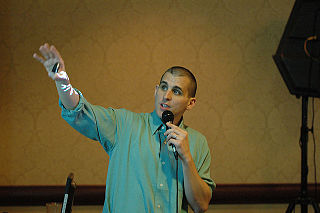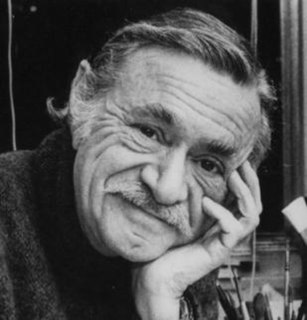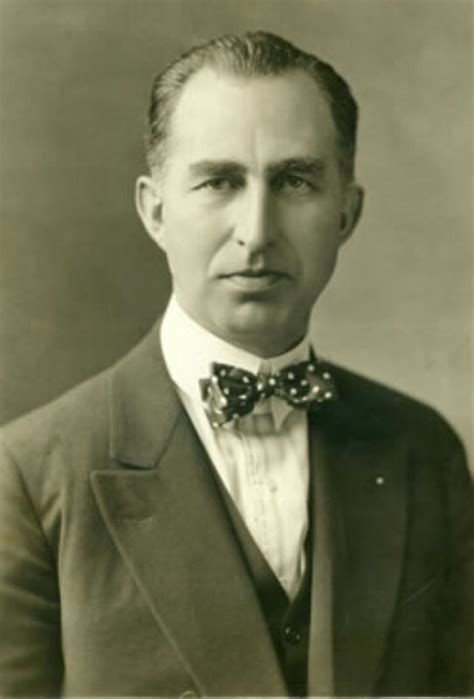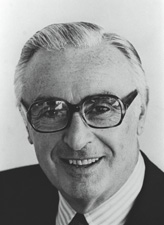A Quote by Philip Roth
I think I write and publish as often as I do because I can't bear being without a book to work on... I don't feel I have this to say or that to say or this story to tell, but I know I want to be occupied with the writing process while I'm living.
Related Quotes
I think I write or publish as much as I do because I can bear being without a book to work on. But routinely when I finish a book, I think, "What will I do? Where will I get an idea?" And a kind of low-level panic sets in. And then eventually something happens. I don't know. If I knew how it happened I would repeat the process, but I don't know - something just occurs to me.
I don't write because I think I have anything particularly interesting to say. I write because I love writing more than any other work I've done. I do think about entertaining the reader to the extent that I try always to write a book that I myself would want to read, but I don't think it's up for me to decide if what I've written is interesting to others. That is entirely up to others.
To me, one of the greatest triumphs in doing a book is to tell the story as simply as possible. My aim is to imply rather than to overstate. Whenever the reader participates with his own interpretation, I feel that the book is much more successful. I write with the premise that less is more. Writing is not difficult to me. I read into a tape recorder, constantly dropping a word here and there from my manuscript until I get a minimum amount of words to say exactly what I want to say. Each time I drop a word or two, it brings me a sense of victory!
We who make stories know that we tell lies for a living. But they are good lies that say true things, and we owe it to our readers to build them as best we can. Because somewhere out there is someone who needs that story. Someone who will grow up with a different landscape, who without that story will be a different person. And who with that story may have hope, or wisdom, or kindness, or comfort. And that is why we write.
The process for writing a picture book is completely different from the process of writing a chapter book or novel. For one thing, most of my picture books rhyme. Also, when I write a picture book I'm always thinking about the role the pictures will play in the telling of the story. It can take me several months to write a picture book, but it takes me several years to write a novel.
I myself, as I'm writing, don't know who did it. The readers and I are on the same ground. When I start to write a story, I don't know the conclusion at all and I don't know what's going to happen next. If there is a murder case as the first thing, I don't know who the killer is. I write the book because I would like to find out. If I know who the killer is, there's no purpose to writing the story.
Thoughts are created in the act of writing. [It is a myth that] you must have something to say in order to write. Reality: You often need to write in order to have anything to say. Thought comes with writing, and writing may never come if it is postponed until we are satisfied that we have something to say...The assertion of write first, see what you had to say later applies to all manifestations of written language, to letters...as well as to diaries and journals




































